Advancing Sustainable Development in Oé-Cusse, Timor-Leste: Challenges and Opportunities for Economic Growth and Community Empowerment
August 23, 2023
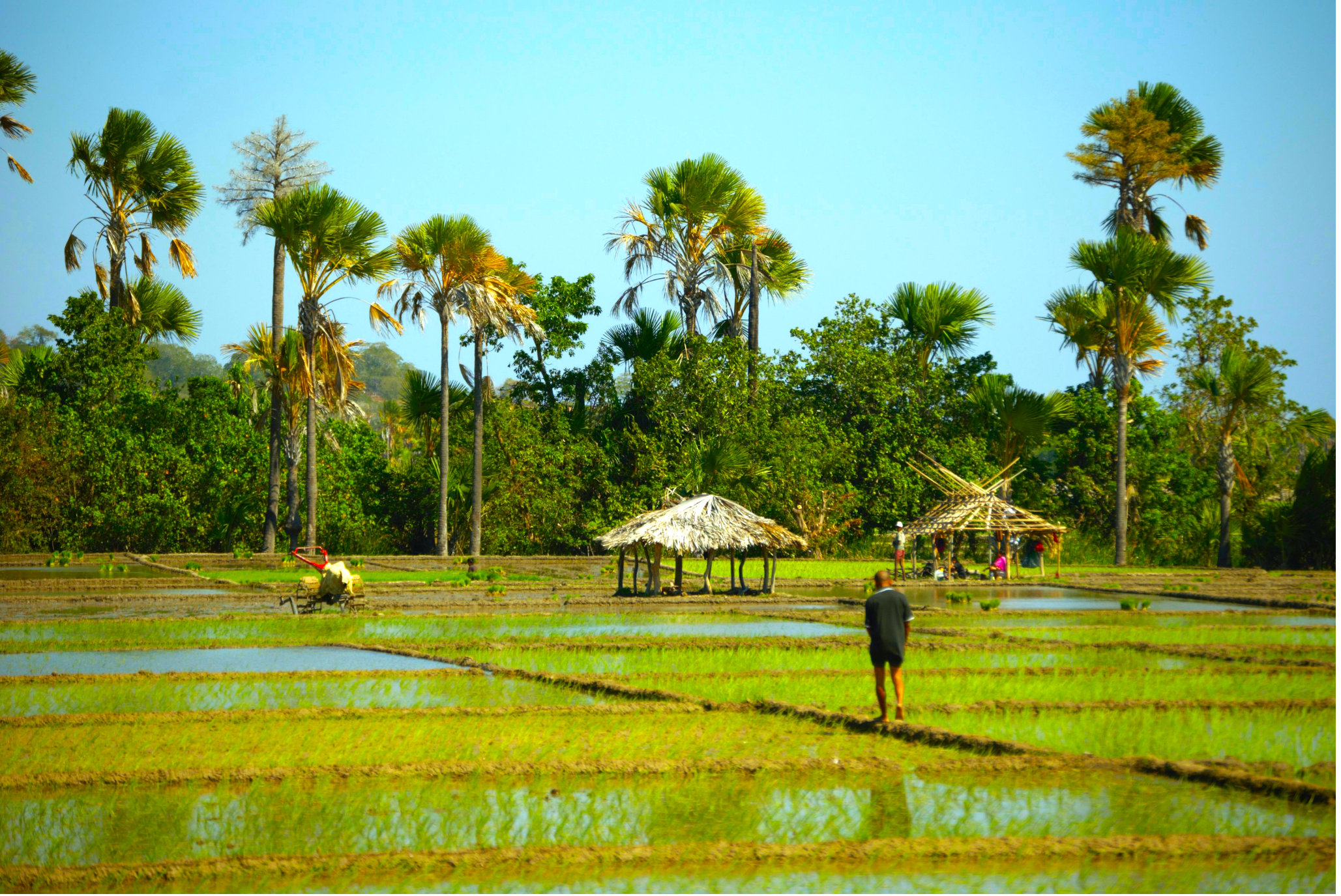
Rice field in Oe-Cusse Ambeno
Oé-Cusse, an enclave district of Timor-Leste, is a region surrounded by continuous mountains with beautiful waterfronts along its coastal area. According to the census 2015, the total population of Oé-Cusse is around 68,913 and 14,345 households, most of which are engaged in agriculture and allied sector activities. Recently Oé-Cusse draws more attention due to its high potential in sustainable development, by making the best use of its unique geography and community solidarity to promote the localization of Sustainable Development Goals (SDG).
SDG Localization in Oé-Cusse
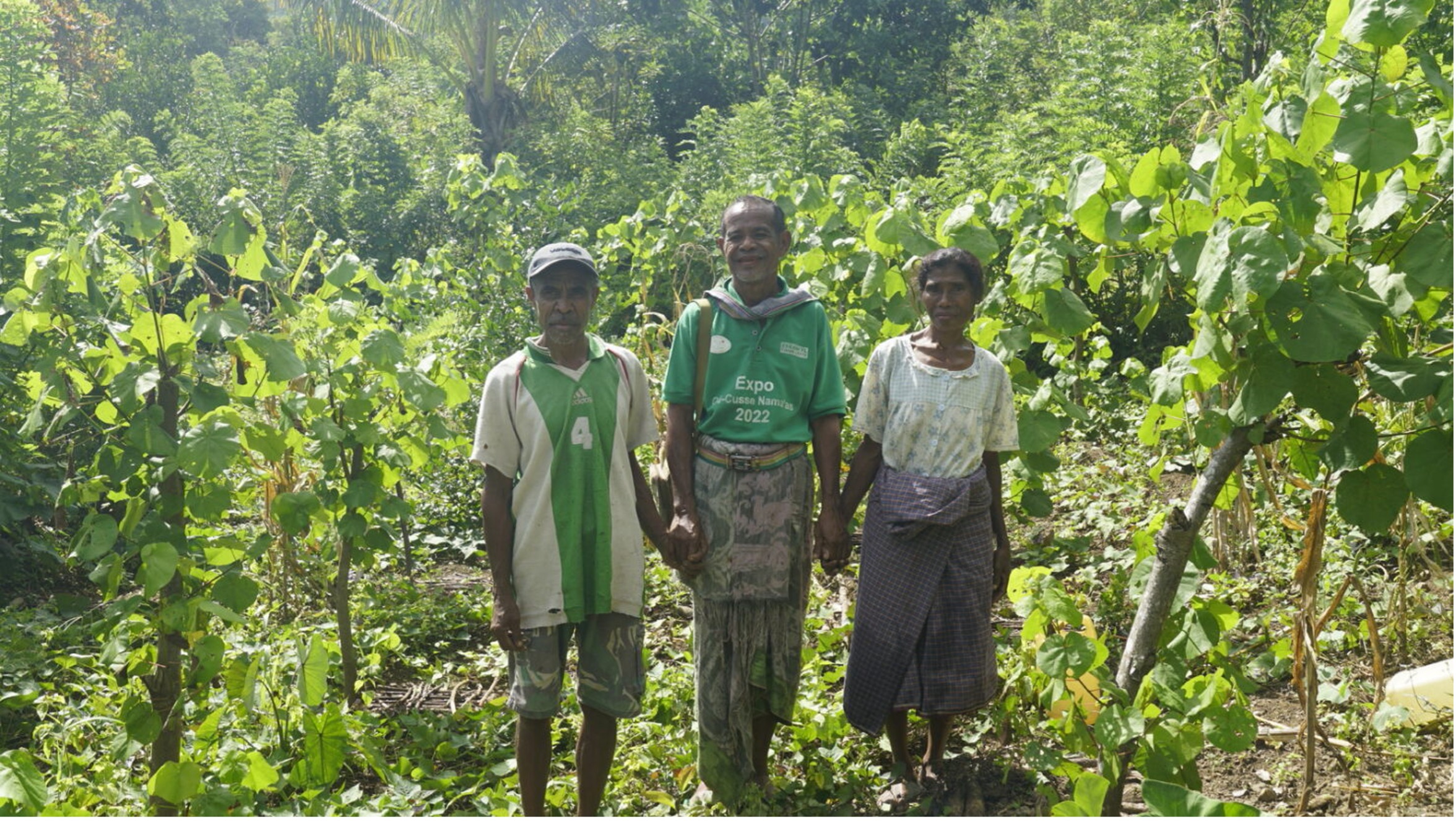
Local Farmers of Oé-Cusse Ambeno
Localizing the SDGs means tailoring global goals to a particular region's specific needs, culture, and context. SDGs have been acknowledged at the policy level, however, the implementation remains a challenge at the community level. We identified two critical challenges to achieving SDGs in Oé-Cusse. First, the lack of infrastructure and transportation connectivity hampers the movement of goods and services, hindering trade and investment opportunities. The region's remoteness and limited access to markets further impede local economic growth. Also, overreliance on traditional subsistence agriculture and markets at borders makes farmers even more vulnerable to external shocks and market fluctuations. Second, the concepts of SDGs are not fully understood by rural communities, or people tend to overlook the community’s role in achieving SDGs. When we explain SDGs to the community, we try to emphasize inevitable connections between SDGs and our lives “How does SDG correlate to our daily activity?” and “How can we adjust our habit to achieve SDG?” while reshaping actions in the local context.
Opportunities for SDGs in Oé-Cusse
After the preliminary survey conducted by UNDP, we found some potential opportunities to promote sustainable lives in Oé-Cusse
- Embracing Clean Energy: Goal 7 Affordable and Sustainable Energy
Tum-tum is a public transportation widely used in rural areas of Timor-Leste. Around the central town of Oé-Cusse, people use Tum-tum installed with an electric rechargeable battery, but there is an innovative future plan initiated by locals to install a solar panel to recharge the vehicle while driving during the daytime. With a solar panel, people can make the best use of abundant sunlight and coastal winds in the region while promoting clean energy and reducing CO2 emissions.
“Tum-Tum is our daily transportation because there are not many motorbikes or cars available that I can bring big sacks of agricultural products. I believe solar panels make our daily transportation sustainable and mitigate the impact to our environment in Oé-Cusse” says a local woman.
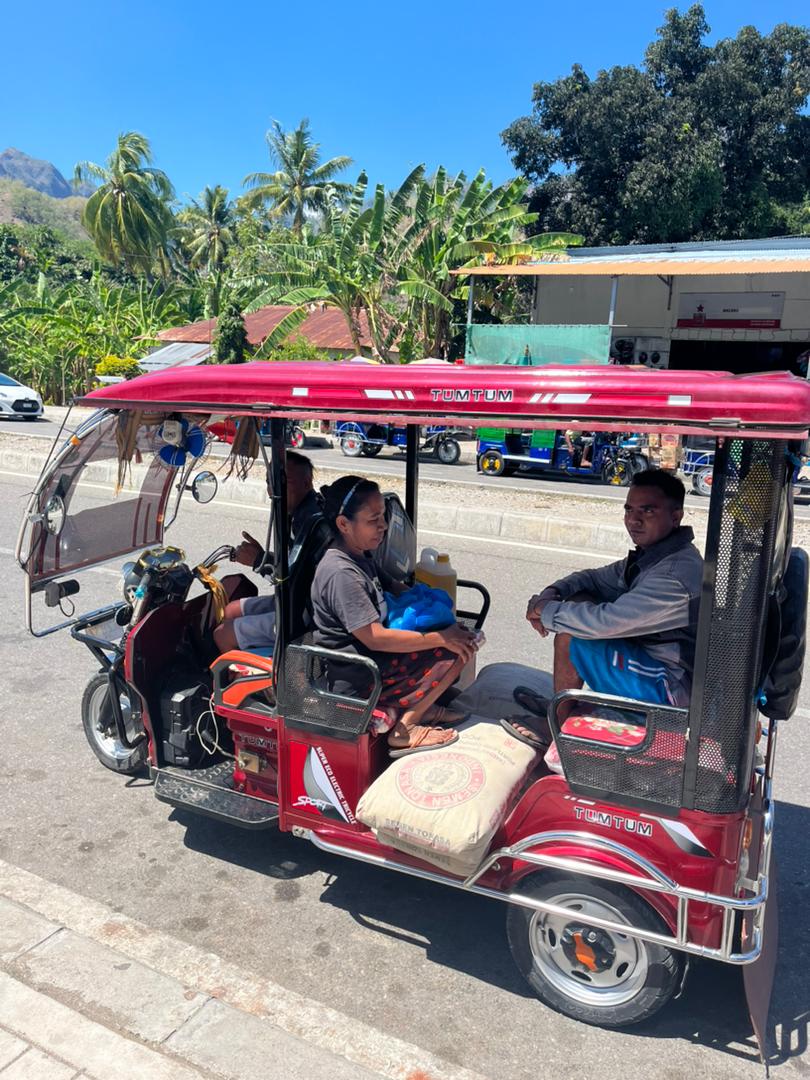
Local Public Transportation "Tum-Tum" in Oé-Cusse Ambeno
- Empowering Small and Medium-sized Enterprises (SMEs): Goal 8 Decent Work and Economic Growth
Since subsistence agriculture is still a predominant source of income for many people in Oé-Cusse, entrepreneurship skills are essential to forge the foundation of a sustainable economy. During 2017-2023, more than 81 micro and small enterprises benefited from UNDP ZEESM programs and approximately 1000 farmers attended training in agricultural technology such as water conservation, soil conservation and organic fertilizers and organic pesticides, agronomic practices. The training programs equipped local communities not only with practical skills in the production of paddy, coffee, vegetables, and horticultural crops but also with comprehensive knowledge of agricultural marketing trends, health, and nutrition. After the training, nearly half of the attendees have already obtained tangible outcomes in less than a year, increased the amount of agricultural products and their income by 15%. One of the farmers in Lakufoan, Oé-Cusse, who learned about water conservation technology during training, says “Access to water is a critical issue in our village. It was great that the training was practical, we gained skills and knowledge in the construction of an infiltration pond. Hope the infiltration system will store enough water during the dry season and improve the access to water in rural areas in Oé-Cusse”.
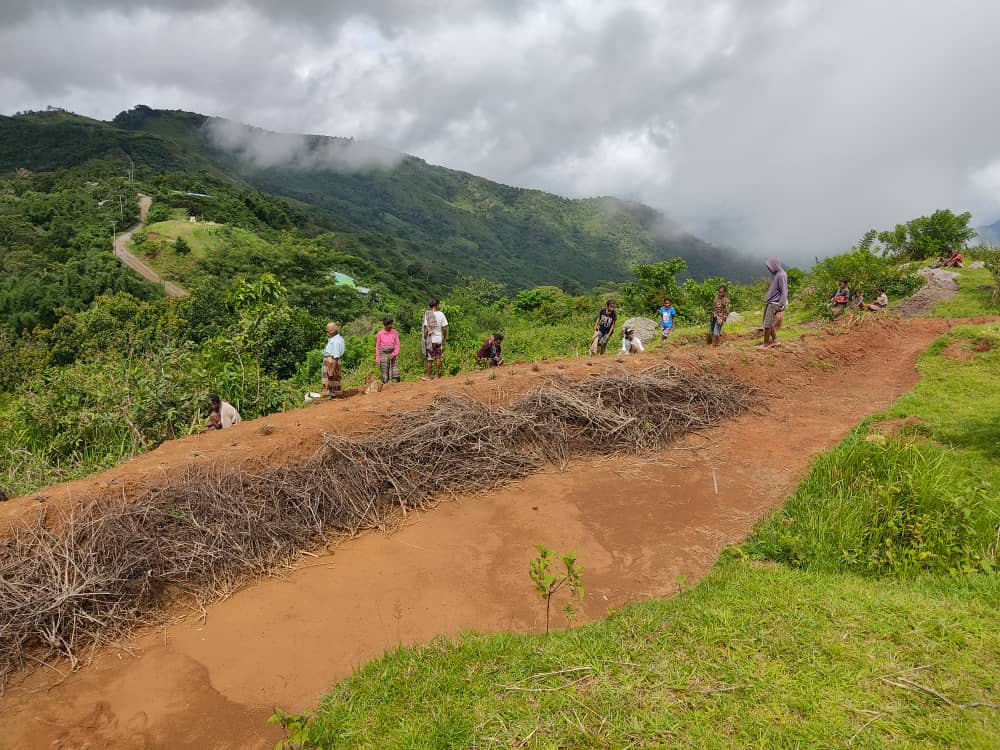
Water Conservation made by Local Community in Oé-Cusse Ambeno
The localization of SDGs presents both challenges and opportunities for regional economic development and community empowerment, and it requires a multi-stakeholder approach as well as cooperation from the government, private sectors, civil societies, and local communities. SDG actions are gaining momentum in Oé-Cusse, featuring regional advantages maximized by technology, and, most likely feasible in other rural regions in Timor-Leste. We continue to work together with the local communities to build a brighter and more prosperous future for Oé-Cusse and its people.
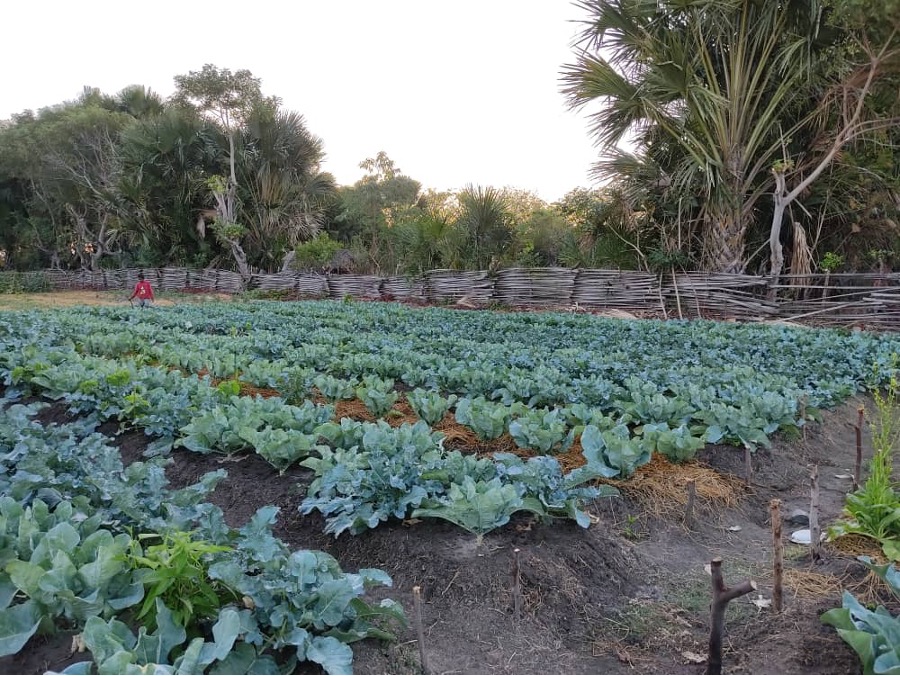
Vegetable Farm/Oé-Cusse Ambeno
Authored by Timor-Leste Accelerator Lab
Visit the UNDP Timor-Leste Accelerator Lab for more information.

 Locations
Locations